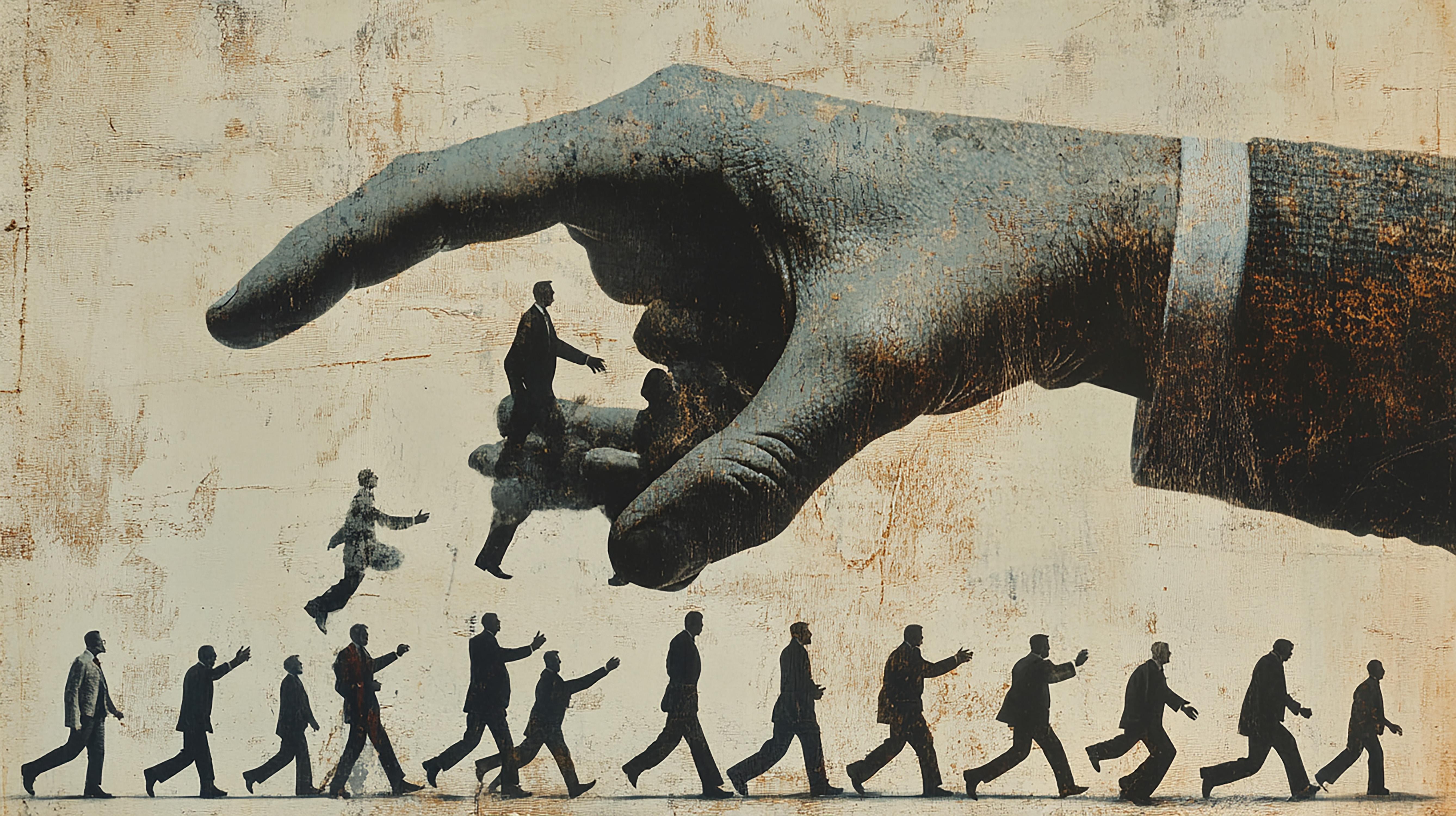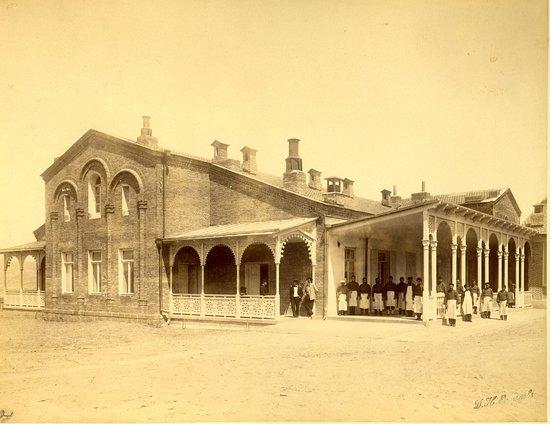Author : Irakli Laitadze

Via supervadet vadens.
Only the one who walks will overcome the path.
Today, there is a lot of talk about motivation, and it seems that motivation is the only essential tool for achieving a goal. However, in this process, somehow less attention is paid to discipline.
Motivation is very important; it’s the starting position. At the same time, motivation is transient and ephemeral: you might have motivation today, but then you might not have it tomorrow; you have it again the day after, and not the day after that, and so on. Motivation, unlike discipline, is an emotion, and it is practically impossible to maintain an emotion constantly. At the same time, discipline is the result of thinking, which means it can be developed through the power of the mind. Motivation gets us started on a task (be it a business project, physical exercise, quitting smoking, and many other things), but discipline gets us to finish that task. Motivation sets the goal for us, but discipline works to fulfil it. Your mood, character, or emotions have no effect on discipline—no matter what, I take this small step today, again tomorrow, again the day after, and so on. Motivation is popular because it is both pleasant and easy to be in a state of motivational euphoria. In a society where the expectation of instant gratification and instant results is almost the norm, and where routine and consistency are rare, discipline is not popular because it requires systematic effort.
When fatigue, fear, and doubt come (and they will definitely come, and more than once), motivation is practically powerless against them. The only thing that can repel them is discipline—the routine that consists of many small, daily steps and actions. In my opinion, 90% of those who say they are always motivated in their work are, consciously or unconsciously, not telling the truth. Scientific research confirms that it is impossible for a person to be motivated non-stop—from day-to-day, week-to-week, month-to-month, and year-to-year. It is quite often for a person not to like his job, his work, and at this time some business mentor urges him to quit his job, find another job or start his own business. For some reason, these self-appointed teachers forget that people, in addition to freedom, have responsibilities (primarily towards people dependent on them). These mentors often also do not/cannot say or do not understand that responsibility is the other side of the freedom medal. Discipline forces us to move forward and work at a time when your motivation, curiosity, and enthusiasm have evaporated. I will tell you one of my examples, which, I think, quite clearly illustrates and distinguishes motivation and discipline from each other.
A few years ago, I decided to fulfil my childhood dream and climb to the top of Mount Kilimanjaro (a long time ago, I read Ernest Hemingway’s book The Snows of Kilimanjaro, and then I saw the movie of the same name, a golden age Hollywood film starring Gregory Peck and Ava Gardner). Before deciding to climb the peak, I had gained a lot of weight and couldn’t stick to various diets. As for exercise, there’s no need to even mention it. As soon as I decided to climb that mountain, everything changed. I knew I couldn’t climb the mountain at that weight. I spent six months losing weight and exercising systematically. Then I went to Tanzania and climbed Kilimanjaro. Climbing to the summit was my motivator, but the six months of dieting and systematic exercise were only the result of discipline. Many times, I lost the motivation to climb the mountain, and at those times, only discipline drove me to stick to my diet and exercise.
If you are disciplined every day, you can overcome many of life’s challenges, such as fear of losing, fear of poverty, fear of being a bad parent, and laziness. Discipline helps you to develop good habits, and this makes many things easier. Discipline stops us from being arrogant when we are successful (in whatever way we define success) and prevents impulsive behaviour. Developing and acting with discipline—at a time when the current routine seems meaningless—is a practical guarantor of achieving a goal.
When we fail to do something or to cope with a task, it’s less about our mental or physical abilities or a lack of time. It’s more a result of a lack of discipline and willpower. Let’s recall what the Roman emperor and Stoic philosopher Marcus Aurelius said: “Anything that is possible for a human is also possible for you.”












